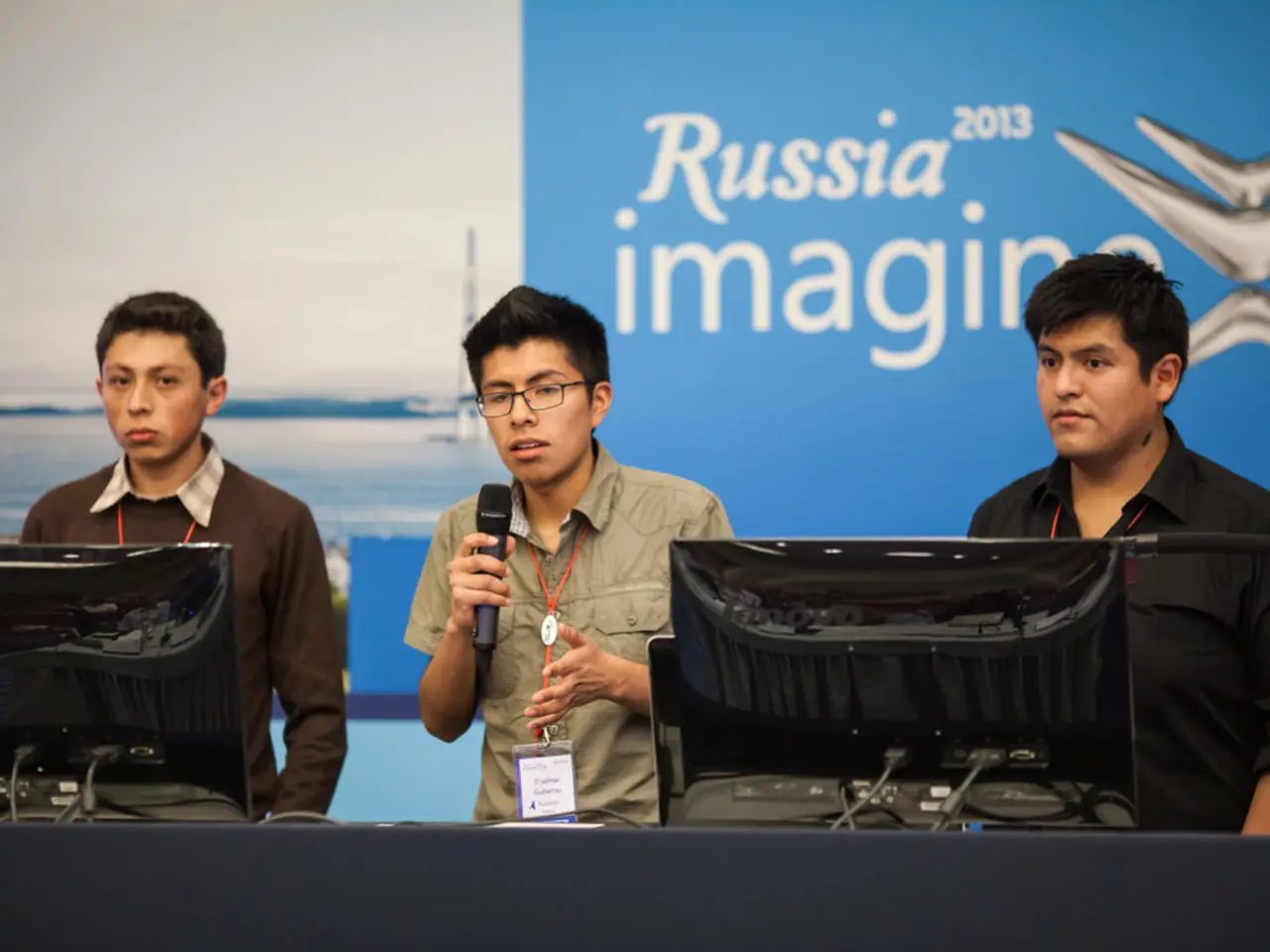Majority of Russians Back Four-Day Workweek, But Employers and Government Remain Cautious
A SuperJob survey in August 2023 revealed that a majority of Russians, 56%, support a four-day workweek. However, employers are largely opposed, with 87% against the idea.
The survey also highlighted the challenges businesses face in implementing such a change. Only 1% of companies were ready to adopt a four-day workweek, and another 2% were considering it. This hesitancy is likely due to temporary difficulties some businesses face, such as sales problems and process readjustment.
The State Duma has proposed studying Tokyo's experience with a four-day workweek for civil servants, starting in the future. This suggests a cautious approach to the idea, with Russia looking to learn from other countries' experiences before making any decisions.
Labor laws in Russia allow for individual adjustments to work schedules between employees and employers. However, Deputy Sardana Avksenтьeva has stated that transitioning to a four-day workweek is not being considered due to labor shortages. She suggested that such a change might be possible in the future with the development of robotics.
In 2024, the Ministry of Labor aims to attract youth to various fields due to a shortage of workers. This effort to fill labor gaps could potentially pave the way for future discussions about workweek reforms.
While Russians express support for a four-day workweek, employers and the government remain cautious. The State Duma's proposal to study Tokyo's experience indicates a willingness to explore the idea, but no immediate changes are planned due to current labor shortages. The future of the workweek in Russia may depend on technological advancements and successful labor market interventions.




